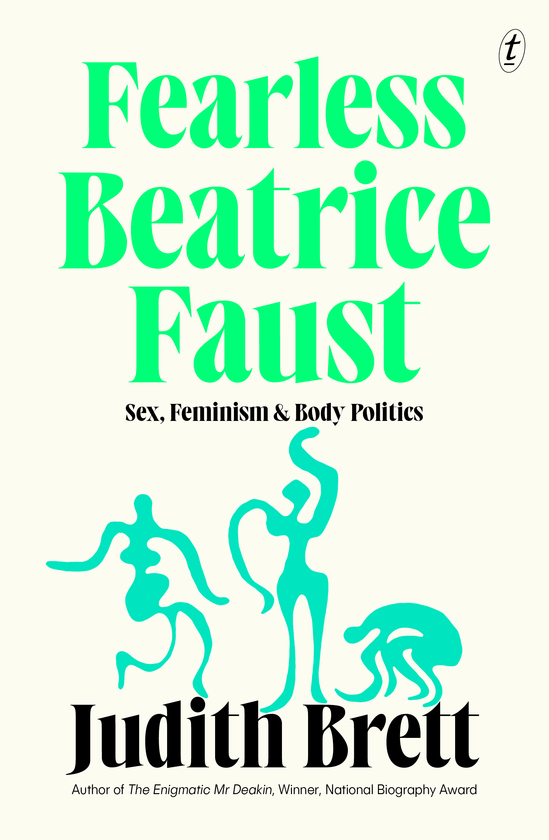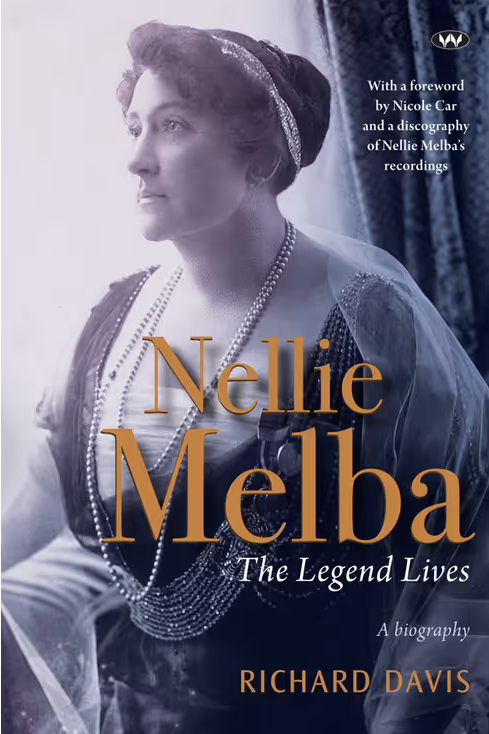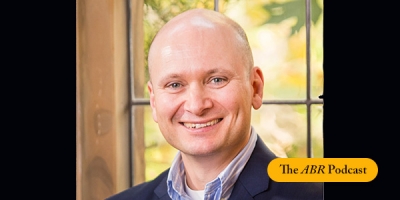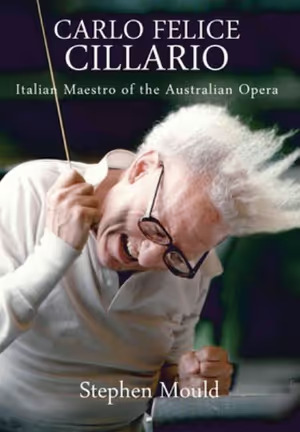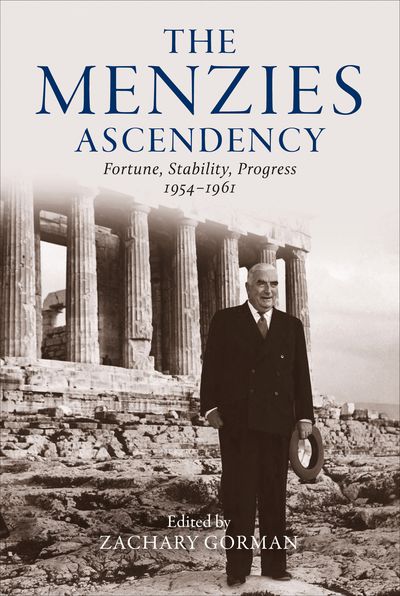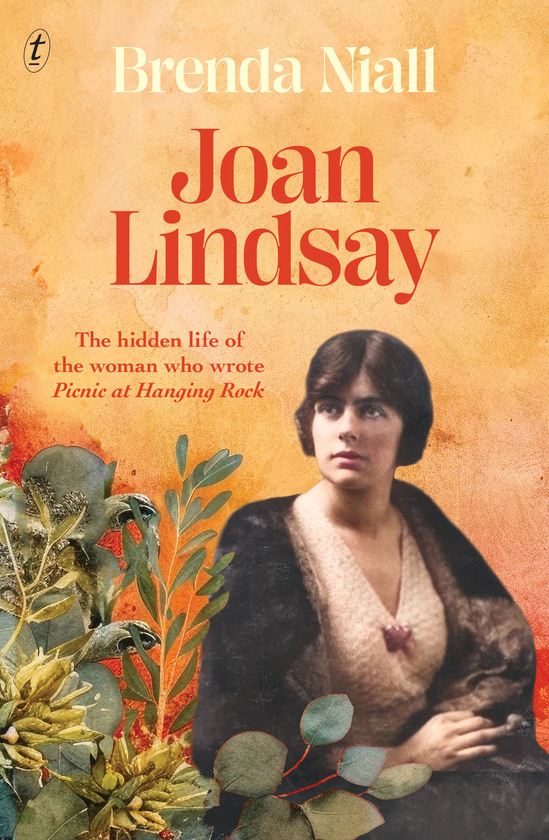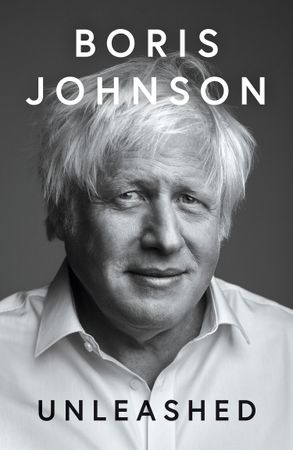Biography
Fearless Beatrice Faust: Sex, feminism and body politics by Judith Brett
‘Bea never swam with the tide’, observes Judith Brett in her eloquent biography of the social reformer, activist, and public intellectual Beatrice Faust. Brett takes us behind the public face of this confident, outspoken, and strident political figure, whose name became synonymous with second wave feminism in Australia. The psychological reading of Faust that Brett offers, in a refreshingly analytical approach provides depth, complexity, and insight which makes this beautifully written book compelling to read.
... (read more)Nellie Melba: The legend lives – a biography by Richard Davis
Product placement, admittedly not a term in vogue in Madame Melba’s time (1861-1931), was lucratively and occasionally indiscriminately deployed in her name. Since that name was itself an invention (one decided upon in late 1886, by Mrs Armstrong, née Mitchell, at the behest of her teacher, Madame Marchesi), it was officially or blatantly unofficially applied to everything from throat lozenges and mouthwash to cigarettes, motorcycles, and a sewing machine. Then, of course, there are Escoffier’s tasty tributes: Pêches Melba and Melba Toast – and let’s not forget that small town in Idaho, Melba (pop. 600). This was named not directly after Nellie, but a Melba once removed: the daughter of the man who founded the town in 1912. At the time, Melba was as fashionable a name for newborn girls in the United States as it was in Britain.
... (read more)My Own Sort of Heaven: A life of Rosalie Gascoigne by Nicola Francis
Rosalie Gascoigne seems exemplary of the popular fable of the late-blooming woman artist. Famously, her first exhibition was in 1974, when she was fifty-seven. This swiftly led to national recognition, then international exposure at the 1982 Venice Biennale. So this is a story for the times. But the achievement of Nicola Francis, the artist’s biographer, is to unpack how, in Gascoigne’s case, artistic success in later life was the result of long, careful training in two other creative pursuits: flower arranging, as taught by the English authority Constance Spry; then, crucially, training and a thriving career in the most radical form of ikebana, the Japanese art of flower arrangement, through the Sogetsu School popularised in Australia by Norman Sparnon.
... (read more)This week on The ABR Podcast, Timothy J. Lynch reviews Reagan: His life and legend, by Max Boot. While there have Reagan biographies before, Lynch describes Max Boot’s as ‘the most readable’. Lynch writes: ‘The weight of the book, its ten-year writing span, its extensive interviews, its adulation from legacy media, all suggest the defining biography of the most important president of my lifetime. And yet, I ended my summer break in Boot’s company unconvinced.’ Timothy J. Lynch is Professor of American politics at the University of Melbourne and his latest book is In the Shadow of the Cold War: American foreign policy from George Bush Sr. to Donald Trump. Here is Timothy J Lynch with ‘Reagan’s nemesis? The most readable biography of Ronald Reagan’, published in the March issue of ABR.
... (read more)Bonjour, Mademoiselle!: April Ashley and the pursuit of a lovely life by Jacqueline Kent and Tom Roberts
At a time when President Donald Trump seeks to extinguish the legal recognition of trans and gender diverse people, Bonjour, Mademoiselle! and the life of April Ashley feel unexpectedly topical. Ashley, best known in Australia for her role in Corbett v Corbett, a precedent-setting divorce case that set back the legal right of trans people for generations, is the subject of a new biography by Jacqueline Kent and Tom Roberts.
... (read more)Carlo Felice Cillario: Italian maestro of the Australian Opera by Stephen Mould
My first experience of Carlo Felice Cillario was in March 1969, when he conducted the Elizabethan Trust Opera’s production of Verdi’s Un ballo in maschera at Her Majesty’s Theatre, Melbourne. I had never seen the opera; nor had I heard of its conductor, whose triple-barrelled name was more indicative of a musical marking than something that belonged to an active musician. ‘Active’ was certainly the word: Cillario rushed into the pit and, afterwards, practically danced on to the stage, baton still in hand, to rapturous applause. In between, the actual performance was the first time I really connected to the compelling vivacity and innate drama of live opera. It helped immeasurably that the cast included the great Australian tenor Donald Smith as King Gustavus III. That night, all of it, still resounds in my mind.
... (read more)The Menzies Ascendency: Fortune, stability, progress 1954-1961 edited by Zachary Gorman
Australian liberals and the Liberal Party were once thought laggards in attending to their own history in comparison with the Labor Party. Even so, Robert Menzies’ life and career had been well documented, with multiple biographies and memoirs, including Allan Martin’s masterful two-volume biography (1993-99) and Judith Brett’s influential analysis of Menzies’ ‘Forgotten People’ speech as a key to understanding the ‘public life’ (1992). More recently, liberal political history has become a cottage industry.
... (read more)Joan Lindsay: The hidden life of the woman who wrote Picnic at Hanging Rock by Brenda Niall
Picnic at Hanging Rock, the 1975 film directed by Peter Weir, has achieved iconic status in Australian cinema, while the story on which it is based has also yielded a television drama series, a ballet, plays, and a musical. Indeed, the fiftieth anniversary of the film is being marked by the Sydney Theatre Company’s revival of Tom Wright’s modern adaptation. The story enjoying this long and varied life was originally published as a mystery novel in 1967. Yet the author of that story, Joan Lindsay (1896-1984), is herself something of a mystery. Aged seventy-one at the time of her novel’s publication and scarcely known as a writer, she has received little recognition since.
... (read more)Boris Johnson is of course one of the most distinctive political leaders of recent times. With his mop of unruly blond hair, plummy Etonian tones, and carefully confected air of bumbling amiability, he seems to have been on the British political scene for decades. In fact, his political career has been relatively short by comparison with many of his peers. This in turn helps explain the timing of Unleashed. As becomes clear, Johnson is in no mood for idle reminiscence or nostalgia for the top table.
... (read more)Freedom: Memoirs 1954-2021 by Angela Merkel with Beate Baumann translated from the German by Alice Tetley-Paul et al.
Just a few years ago, retiring after sixteen years as Germany’s chancellor (2005-21), Angela Merkel was praised to the skies as a stateswoman who represented all that was admirable in a (semi-)united Europe. Now her reputation has taken a nosedive (‘Angela who?’ The Economist asked, tongue in cheek, last October). That’s an occupational hazard for politicians, and Merkel, as a seasoned professional, knew the score. Still, she deserves to be remembered, if only because in 2015 she did something that seasoned professionals very rarely do: ignoring the risks, she took an important political decision for moral reasons. That decision was to open Germany’s doors to thousands of refugees from North Africa and the Middle East – in the end almost a million – desperately trying to enter Europe via the Mediterranean.
... (read more)
